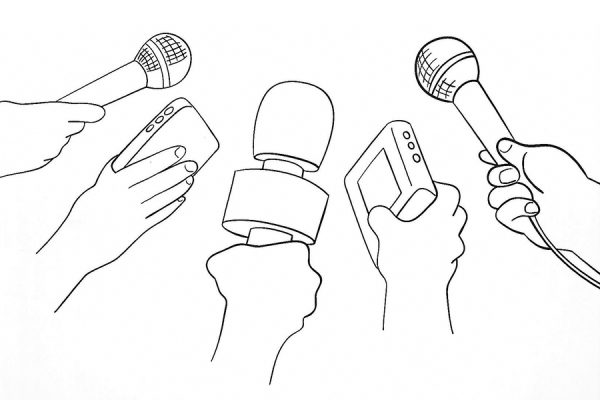Lewinsky returns to combat bullying
April 7, 2015
Nearly two decades have passed since the story of the scandal first broke online, and now Monica Lewinsky has returned to the public light, but this time of her own volition, taking to the podium at the Forbes 30 Under 30 Summit in October of last year. Most recently though she took to the stage with the big red spot and gave her very own Ted Talk, with a prestigious twenty-two minutes of time.
At the age of 41, she returns to the public arena to bring awareness to and combat cyber bullying and online harassment. Encouraging compassionate behavior online, all the while reminding us just how human she was and is.
In the years just before the scandal of 1998, before the romantic relationship between the then 22 year old Lewinsky and her boss, President Clinton ignited, news was consumed in only three ways; print, TV and radio. In January ‘98 when the story broke online, and it was the first time the Internet would supersede traditional media. It was, Lewinsky tells us soberly, “A click that reverberated around the world.”
In 1998 this type of focus on the lives of private individuals was unheard of, if not impossible. Stated Lewinsky, “This was not something that happened with regularity back then … the stealing of people’s private words, actions, conversations or photos, and then making them public — public without consent, public without context, and public without compassion.”
Falling in love with her boss was a huge mistake, one that she regrets every day of her life. She asked the audience for a show of hands, begging to know who hadn’t done something regrettable at 22 that they were ashamed of. None were raised.
For a private individual, Lewinski reminded, it used to be that that circle of shame only extended as your friends or family. Now, the entire world can be instantaneously be brought to the attention of a stranger’s private shame, and are quick to throw virtual stones.
According to Lewinski, a study done by Child Line, a nonprofit organization dedicated to helping young people, saw an 87 percent increase in calls and emails related to cyber bullying. Another study out of the Netherlands showed that for the first time cyber bullying and online harassment is leading to suicidal feelings and ideations more significantly than bullying done offline.
“And you know what shocked me, although it shouldn’t have, was other research last year that determined humiliation was a more intensely felt emotion than either happiness or even anger.”
She quoted researcher Brené Brown, stating, “shame can’t survive empathy.” Just one person displaying empathy towards another can help tremendously, argues Lewinsky.
To combat cyber bullying and behaviors like it, Lewinski tells us that we should become “upstanders.” “To become an upstander means instead of bystander apathy, we can post a positive comment for someone or report a bullying situation … we all deserve compassion, and to live both online and off in a more compassionate world.”










